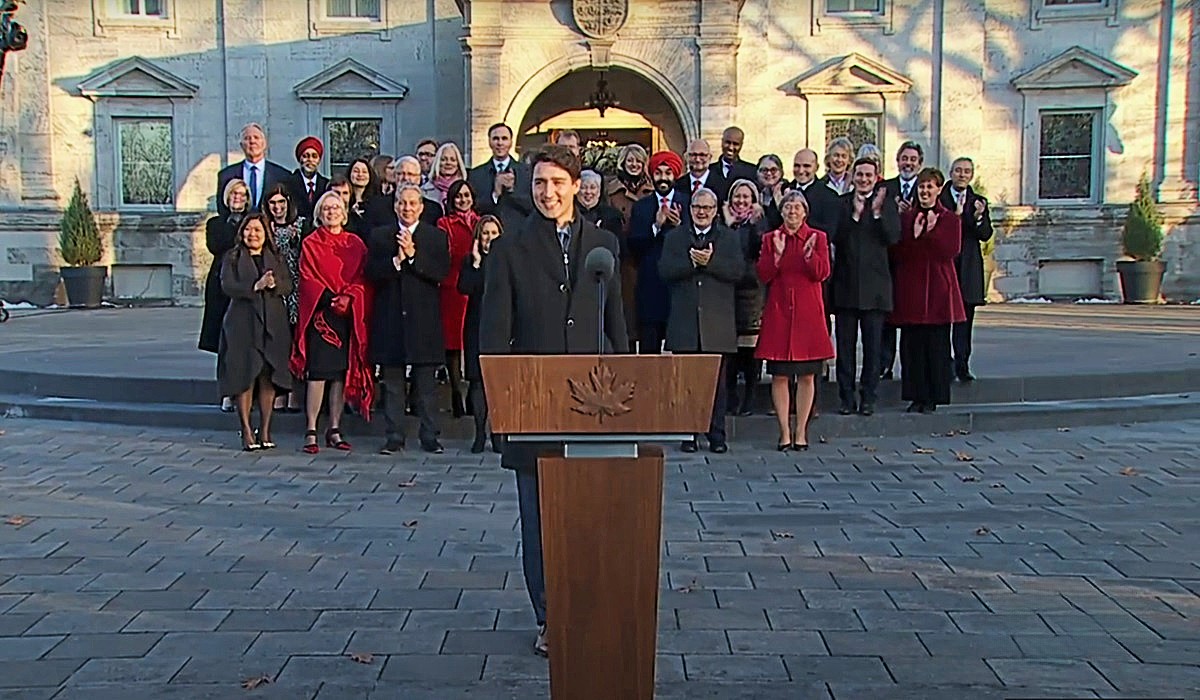Tent Cities in the Shadows of Wealth: The Homelessness Crisis in Rich Nations
- Ingrid Jones
- Canada
- October 24, 2024

Image Credit: Nathan Dumlao
It is one of the great ironies of our time: Canada and the United States, two of the wealthiest nations in the world, seemingly unable to solve what should be a straightforward problem—homelessness and drug addiction. It’s simple, right? Decades upon decades of pouring billions into these crises should have produced a solution by now. But no matter how much money is thrown at it, the problem persists. Why is it that countries with fewer resources and far more pressing economic concerns have managed to tackle homelessness, while North America continues to fail?
Take China, for instance. A nation that has managed to keep its streets clear of homelessness, despite its massive population. And then there’s Canada, a country blessed with oil reserves and resources, yet it continues to tax its people heavily while tent cities expand, lining the streets with the destitute. Drug addiction is rampant, and instead of seeing progress, the crisis deepens with each passing year. Meanwhile, across the border, the United States is spending trillions on endless wars, building military bases around the globe, and arming anyone with the funds to pay. Its foreign policy is a revolving door of regime changes and political maneuvering, but back home, nearly 40 million Americans live without adequate healthcare. The priorities are glaringly out of place.
Where is the focus on people? The politicians, corporations, and industries feeding off the system make sure their needs are met. Politicians promise solutions during election cycles, but their main concern is securing votes and corporate backing. Once the polls close, it’s back to the status quo. Billions of dollars flow into homelessness and addiction programs, yet very little seems to reach those who need it most. Nonprofits and government agencies are often too wrapped up in red tape and administration to make a tangible impact. Thousands of organizations claim to be addressing these issues, yet the numbers continue to climb. Where is the accountability? If governments truly wanted to solve these problems, they could have. But where’s the profit in that?
It doesn’t make good economic sense to end homelessness or addiction—at least not in the way governments think. There’s no big payoff for fixing these problems outright. As cynical as it sounds, there are too many hands to feed. Politicians, corporations, non-profits—they all benefit from keeping the system exactly as it is. The cycle of poverty and addiction continues to spin, greasing the palms of those who need it to stay in place.
Pessimistic? Absolutely. But after decades of watching this unfold, how can anyone remain optimistic? We’ve tried hope. We’ve heard the speeches and read the articles filled with optimism about a “better way” for decades. Yet, despite the countless promises and dollars spent, the situation gets worse. The harsh reality is that it could be fixed—other countries have proven that—but it’s not in the interest of those in power. If you’re still unconvinced, just look around. There are nations with strong healthcare systems, few homeless people, and no widespread drug addiction. Yet here we are, supposedly advanced, wealthy nations, watching our citizens suffer in the streets while our governments focus on everything but the problems that actually matter.
The path forward isn’t more of the same. It’s time to stop pretending these issues can’t be solved. They can be, but not until governments and leaders are willing to make hard decisions, ones that may not be politically or economically convenient but are absolutely necessary. Until then, pessimism will remain the default because, frankly, optimism hasn’t gotten us anywhere.








